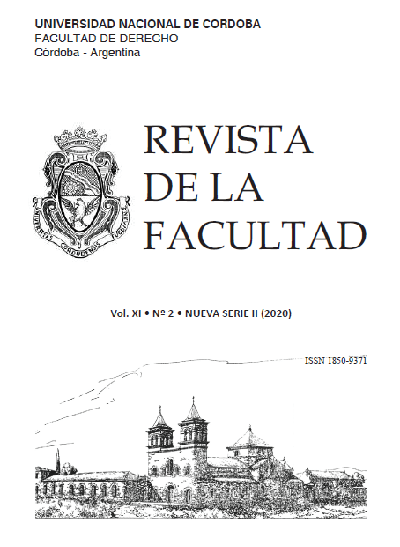THINKING THE LAW: THE GERMAN CASE LAW
Keywords:
German case law, German criminal law, Comparative lawAbstract
Every legal tradition offers different particularities and ways of thinking and presenting the law that only are applied in a limited legal sphere, although its methodology may be of interest for a bigger audience. One of these methods is the German case law. It is a tool primarily connected with teaching law, in class and in assessment instances, but it is more than that: it is a way of thinking the law that provides the possibility to structure legal reasoning, trace connections between different legal problems, incorporate theoretic discussions into the solution of real or fictitious cases and highlight points that are
difficult or relevant for the solution of the case. By that, the German case law allows the reader to follow the agent’s reasoning as he or she realizes the analysis by means of the German case law. This article pretends to present the German case law as a reasoning applicable in teaching as well as in the pursuance of the legal professions. And although this particular view on law has its origins in Germany, I hope it also can be useful for Argentinian legal professionals.
Downloads
Downloads
Published
How to Cite
Issue
Section
License

This work is licensed under a Creative Commons Attribution-NonCommercial-NoDerivatives 4.0 International License.
La publicación del artículo implica la donación de los derechos de autor a la Facultad de Derecho, conservando el autor su derecho a utilizar el artículo en publicaciones de su autoría o páginas web referidas a su trayectoria. Para el caso de otro tipo de publicaciones, antes de su utilización, deberá obtener autorización de la facultad.


